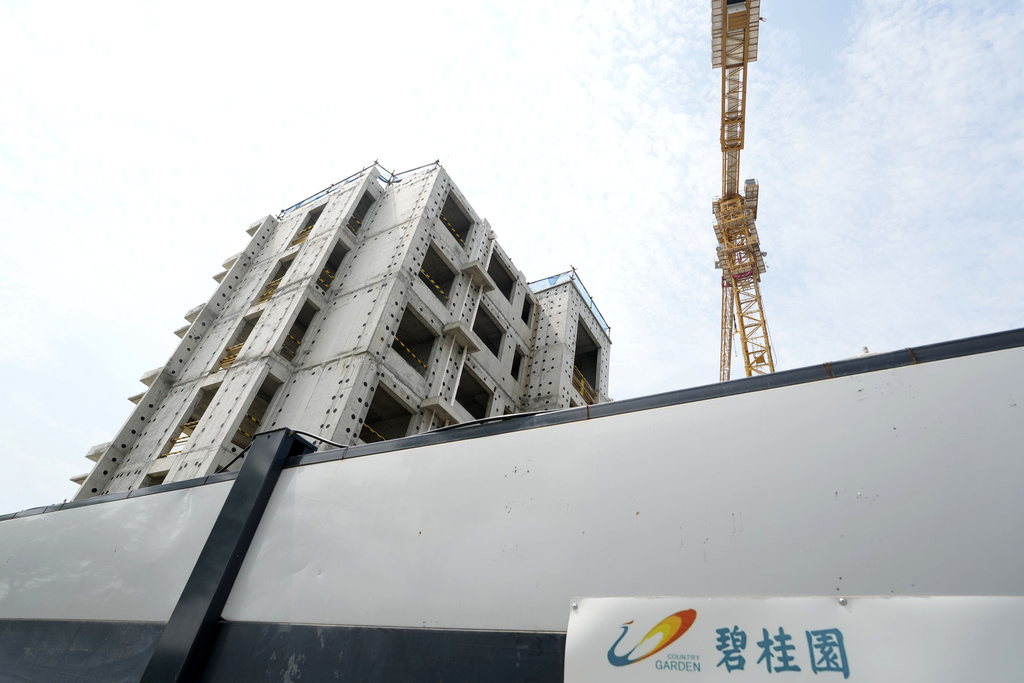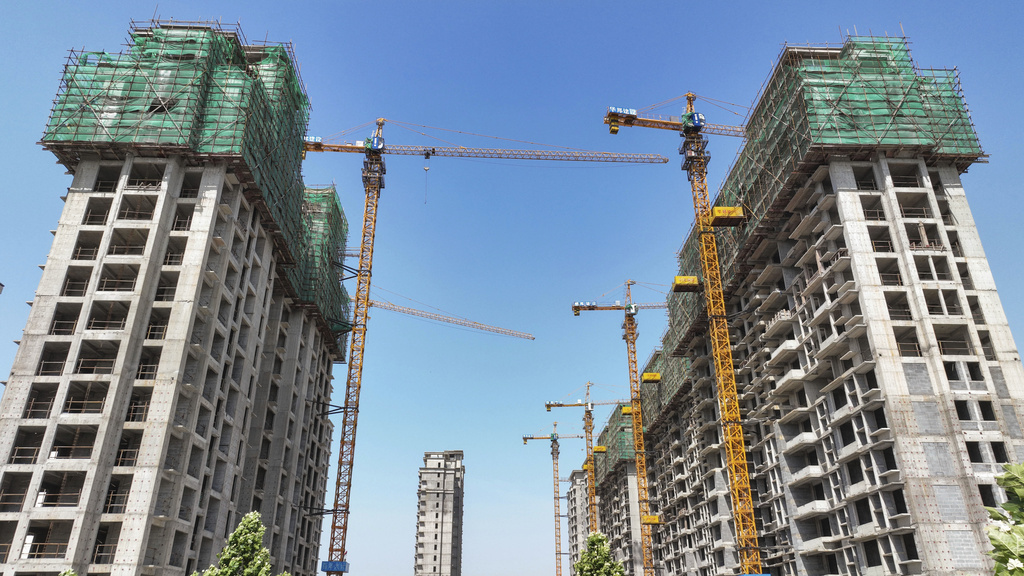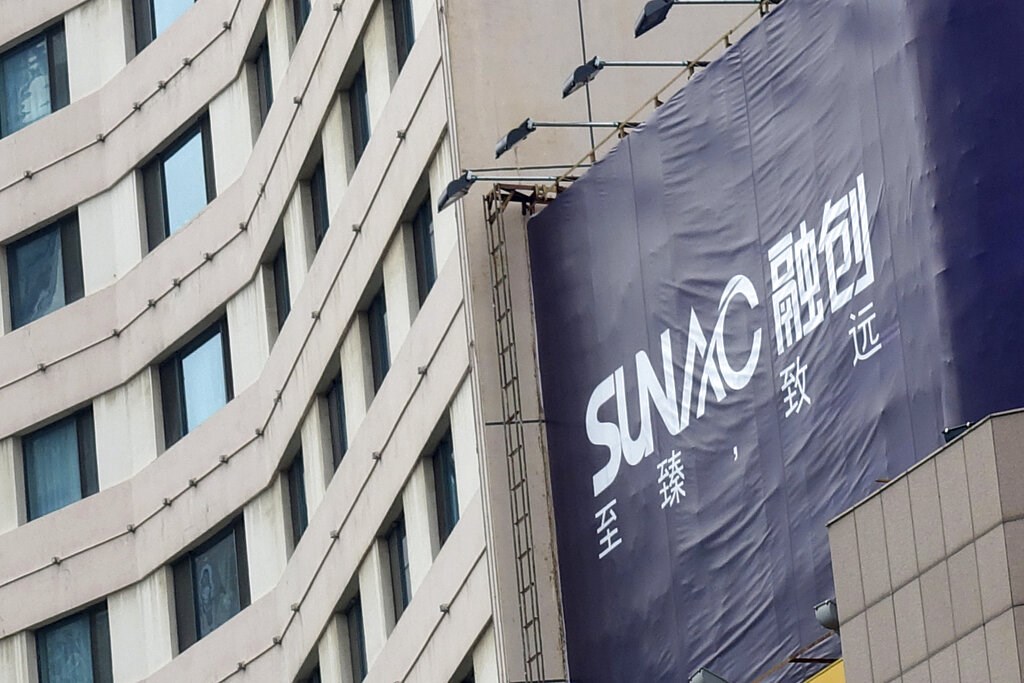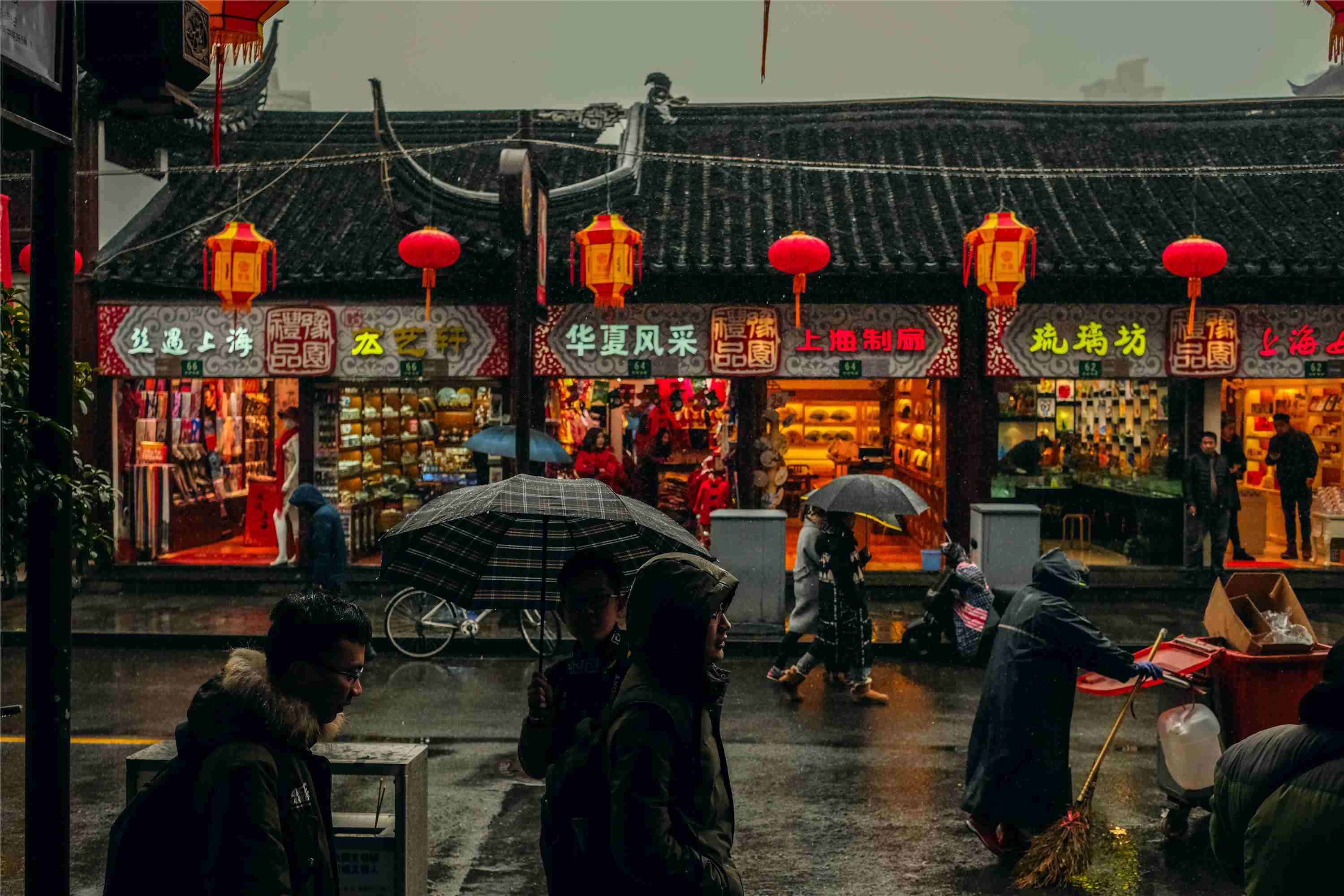
The JPM ACI Non-Investment Grade Index had a strong start to 2023, rallying to an 8% gain, before slumping to a year-to-date loss of 2.5%. Over the same period, the Asia high yield bond category slumped 9%. Asia bond fund category that focuses more on high-quality issues held up better and returned 0.55% through Aug. 24.
Part of the poor performance of the category has been the crisis-ridden China property sector. September marks two years since the start of the crisis at the China Evergrande Group, the event that kicked off the steady decline of the sector. The Evergrande saga isn’t over yet, as the beleaguered developer filed for Chapter 15 bankruptcy protection in the U.S., marking one of the largest cases of debt restructuring in the world.
This situation had a ripple effect, as Evergrande’s failure to meet bond interest payments triggered a wave of defaults across the Chinese property industry. The latest of these is Country Garden, which has a grace period of until Sep. 6, 2023 to pay the coupon liabilities. If it can’t make the payments – which we think is likely – the company will declare a default on its two U.S. dollar bonds that mature on Feb. 6, 2026, and Aug. 6, 2030.
How are fixed income mutual fund managers dealing with this?
The China Property Sector Remains Out of Favor for Fund Managers
Tempered sentiment toward China and its once all-important property sector continues, despite a slew of supportive policy measures. Part of this is that China’s macroeconomic environment continues to face headwinds and property sales are still slumping, particularly in lower-tier cities. Issuer-specific credit events have also contributed to pushing bond prices sharply lower.
Arvind Subramanian, senior manager research analyst, says: “The recent plight of Chinese property giant Dalian Wanda is symptomatic of the sector's challenged outlook. The company managed to tap the offshore dollar bond market at the start of the year, the first for a Chinese property-related firm after a lull, sparking hopes of a revival in the sector’s fortunes. However, the investor optimism proved short-lived as the ensuing downgrades to the firm's credit rating amid deteriorating financials have caused its bonds to trade at distressed levels in the secondary market, renewing concerns for the sector.”
He says: “For now, Chinese high-yield issuers are resorting to private debt markets, onshore bonds, bank loans, and the disposal of non-core assets for their funding needs while most asset managers remain cautious.”
Are Any Mutual Fund Managers Still Buying China Property?
In 2021, as the news of Evergrande’s debt struggles first broke, we uncovered that bond managers in Blackrock, HSBC, and UBS were buying Evergrande’s cheaply priced bonds. A year later, some of Evergrande’s bonds hit maturity, and the largest funds in the market had an exposure of not more than 0.8% to the beleaguered developer.
Who still owns Evergrande bonds? Barely anyone.
On our screener, we’ve arrived at seven and 11 from the only Asia high yield bond funds and Asia bond funds available for sale in Singapore categories, respectively. Among them, the PIMCO GIS Asia High Yield Bond Fund and T. Rowe Price Asia Credit Bond Fund have the best Morningstar medalist rating of Silver on its cheapest share class.
Among the eight high yield funds, only Negative-rated GS Asia High Yield Bond reported two issues that passed the bond maturity of October 2022 and January 2023, with a total worth of US$ 22,500 out of the total net assets of US$ 411 million.
Important Note: Only Asia high yield bond funds and Asia bond funds available for sale in Singapore that have portfolio data available for June and July 2023 are included in our screen. The portfolio holdings do not necessarily reflect current levels as some might have since changed.
Based on this screen, we find that not too many managers own Evergrande. What about Country Garden?
Which Funds Own the Near-Default Country Garden Issues?
Despite a relatively lower exposure to China property bonds, Country Garden is the second largest position in the sector for PIMCO GIS Asia High Yield Bond Fund. The portfolio has an exposure of 1.23% to Country Garden from a total of eight issues. The US$ 2.8 billion fund owns both bonds that are pending coupon payments due September 6. The holdings represent a weightage of 0.16% at the end of July.
GS Asia High Yield Bond Fund also owns a total of six bonds issued by Country Garden, or 0.91% of net assets in total at the end of July. The affected portion was 0.06% of net assets.
Who is Buying China Property?
According to their latest fund holding data, Neutral-rated HSBC GIF Asian High Yield Bond Fund does not own either of the two affected Country Garden issues, but the fund has the highest exposure to the sector, which is close to 19%. Country Garden is the fund's heaviest bet in the sector, followed by Shui On Land (2.5%) and Seazen Holdings (2.3%). In June 2022, the HSBC fund's weightage in China property was at 17.0%, also above the benchmark weight at that time.
PIMCO GIS Asia High Yield Bond Fund used to have a portfolio weight in China property close to the benchmark weight. The fund is seen trimming its exposure from 11.9% at the end of June 2022 and goes the lightest on China property, owning only 6.1% in the sector. Fidelity Asian High Yield that had 21.0% of its net assets in China property in June 2022 halved its total exposure to 9.7%. Both largest funds in the market still hold a below-benchmark weight of 15%.
The reduction is driven by a combination of factors – fewer new bond issuances, a downdraft in the value of outstanding bonds, and defaults. China property bonds account for around 23% of the JPM ACI Non-Investment Grade Index as of December 2021, and fell to around 13% by June 2022. Now, the portion is even less, approximately 6%.
What are Asia High-Yield Managers Buying Right Now? Investment Grade Bonds.
In the core mandate of an Asian high-yield bond fund, high-yield, more risky bond securities tend to take up at least 70% of net assets. But because of a tepid supply of high-yield bonds as well as the downfall of Chinese property high yield, managers are seeking off-benchmark opportunities.
Most funds enjoy an element of flexibility, which allows managers to invest around 20-30% outside of the high-yield range. For example, since 2022, some high-yield bond managers have used this flexibility to increase holdings in investment-grade bonds.
Morningstar’s Subramanian says: “Since 2022, the flexibility of owning off-benchmark holdings was used to take advantage of the rising rates which have made less-risky, high-quality bond yields more attractive. Asset managers have stated their liking for investment-grade bonds’ attractive carry, shorter duration, and adequate supply, as well as its defensive nature amid the uncertain macroeconomic backdrop.”
Subramanian takes Fidelity Asian High Yield as an example. The fund added exposure to investment-grade bonds in Japan and Korea but the managers were “wary of excessively increasing their investment-grade holdings as they wanted to retain the high-yield nature of the strategy.”
Bond managers also look at issuers from outside of the Asia region. He adds: “In addition to liking investment-grade names in Korea and China, the managers at PIMCO GIS Asia High Yield Bond, which has a Medalist Rating of Silver on its cheapest share class, have added select European financial names, which they believe are well-capitalized and attractively valued.”
Will Asia Bond Funds Suffer from a Potential Country Garden Default?
The Asia bond category typically has a hard currency bias. While it isn’t the category’s investment objective to buy mainly sub-investment grade issues, higher yields offered by Chinese property developers could be a hunting ground for these funds to enhance income.
In our records, Manulife Sustainable Asia Bond Fund has 0.31% exposure to Country Garden, holding one of the two issues with the coupon deadline on Sep. 6.
Allianz Flexi Asia Bond Fund, which has 2.33% of the US$ 134.3 million under management in Chinese property bonds, allocates 0.14% to one affected Country Garden issue.
Asia Bond Category Has an Outsizing Net Redemption Since 2021
In the offshore fund market, Asia high yield bond category of 32 funds has US$ 8.7 billion under management at the end of June. Collectively, over the past 12 months, the category saw outflows of US$ 1.8 billion, or down 16% in organic growth terms.
However, looking at flows since the Evergrande crisis, the downsizing scale of the category was first driven by market impact, as the group recorded strong inflows in the third and fourth quarters of 2021. Net redemptions only started at the beginning of 2022 and the category has since shrunk by around 20%. For comparison, in the quarter when the Evergrande crisis was reported in the news in Sep 2021, the category managed around US$ 15 billion.
The Asia bond groups were negatively impacted. At the end of the second quarter, a total of 76 funds managed a total asset of US$ 13.9 billion, which compares to a scale of US$ 21.1 billion in the quarter of September 2021. The net redemption in the past two years represents a 21% negative organic growth.













.png)


.jpg)





